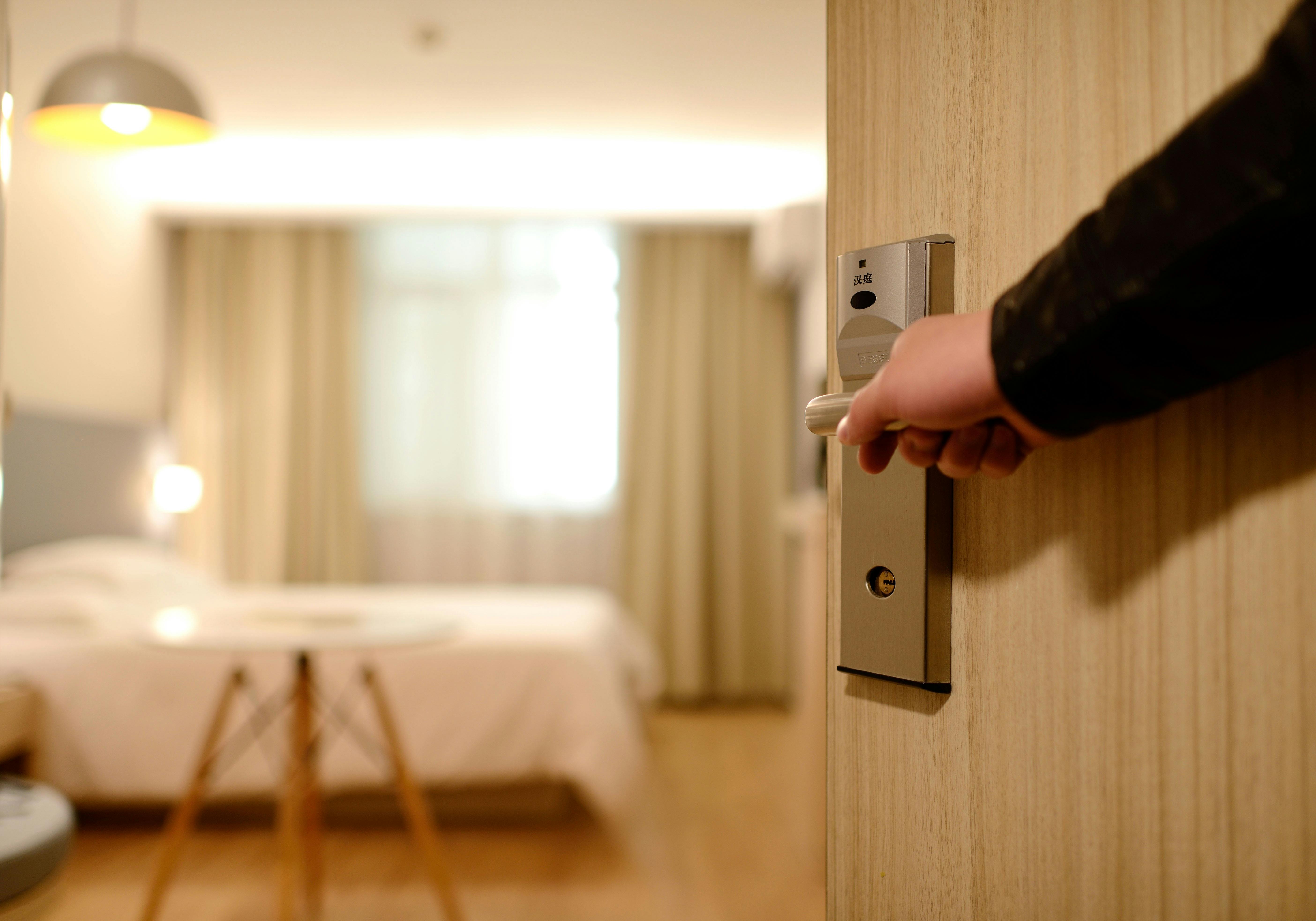Title: “Comprehensive Guide to Estimating and Managing Travel Accommodation Costs”

Introduction
Planning a trip can be exciting but also overwhelming, especially when it comes to managing costs. One of the most significant expenses during travel is accommodation. In this comprehensive guide, we will explore various aspects of estimating and managing travel accommodation costs to ensure you have a stress-free and enjoyable trip.
Why Travel Budget Planning is Essential
Travel budget planning is crucial for several reasons:
1. Realistic Trip Planning: A budget helps you plan a trip that fits within your financial means, avoiding overspending.
2. Savings Goals: Setting a budget allows you to establish clear savings goals.
3. Optimal Spending Choices: With a budget, you can prioritize spending on experiences that matter most to you.
Key Principles of Budget Planning
When creating a travel budget, keep the following principles in mind:
1. Flexibility: Your budget should serve as a guide, not a strict rule. Be prepared to adjust as needed.
2. Information-Based Estimates: Gather as much information as possible to make informed estimates of your expenses.
Major Cost Categories
Transportation Costs
Transportation often takes up a significant portion of your travel budget. This includes:
– Flights: Comparing prices and booking in advance can help save money.
– Local Transport: Costs for buses, trains, taxis, or rental cars.
Accommodation Costs
Accommodation costs can vary widely based on several factors:
– Hotels: Prices depend on location, season, and star rating. For instance, hotels in major cities like Rome or San Francisco can be quite expensive during peak seasons.
– Hostels: A budget-friendly option, especially for solo travelers or those looking to meet new people.
– Budget Accommodations: Guesthouses and budget hotels offer affordable alternatives. Websites like Budget Your Trip provide detailed cost comparisons.
Food Expenses
Consider the cost of meals, snacks, and beverages. Dining out can quickly add up, so it’s wise to budget for both restaurant meals and groceries.
Activities and Excursions
Engaging in activities and excursions can enhance your travel experience. Budget for:
– Tourist Attractions: Entry fees for museums, parks, and other attractions.
– Guided Tours and Activities: Costs for day trips, adventure sports, and cultural experiences.
Steps to Creating a Travel Budget
1. Assess Your Current Spending Habits
Understanding your spending habits at home helps identify areas where you can cut back to save for your trip. For example:
– Exercise Costs: Switch to free forms of exercise like running or hiking.
– Subscriptions: Cancel unused subscriptions to save money.
2. Analyze Past Travel Expenses
Review your past travel expenses to estimate your budget. Check your bank and credit card statements for:
– Airfare
– Accommodation
– Transportation
– Meals and Drinks
– Souvenirs
– Miscellaneous Purchases
3. Estimate Costs for New Destinations
If you’re visiting a new destination, research average costs for accommodation, transportation, meals, and activities. Use online resources and travel guides to gather information.
4. Keep Track of Receipts
Keeping track of receipts helps monitor your spending during the trip. Opt for digital receipts and take photos of paper receipts whenever possible.
Conclusion
Creating a detailed travel budget is essential for a stress-free and enjoyable trip. By understanding your spending habits, analyzing past expenses, and estimating costs for new destinations, you can plan a trip that fits within your financial means. Remember to remain flexible and adjust your budget as needed to make the most of your travel experience. Happy travels!



